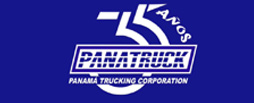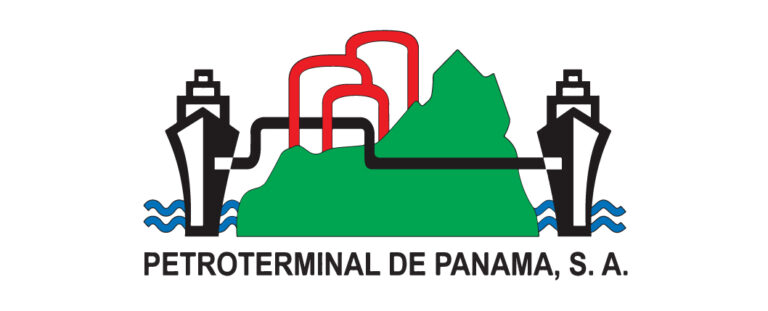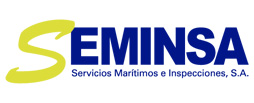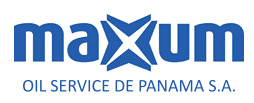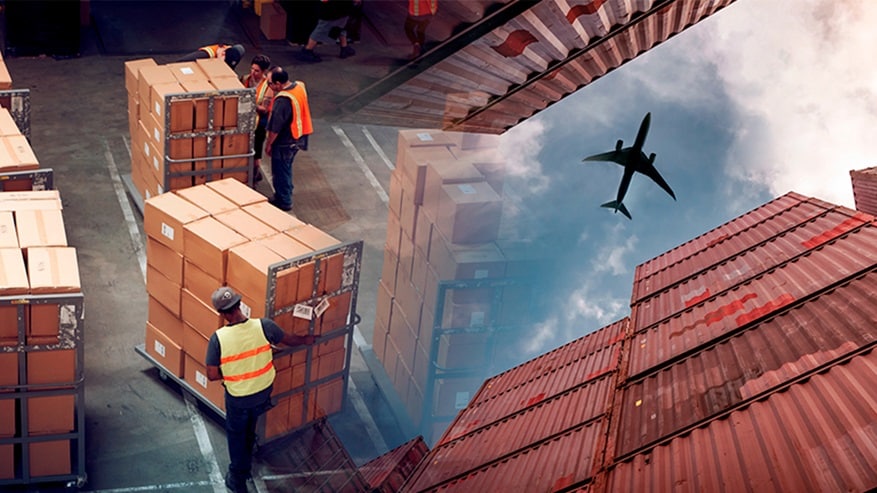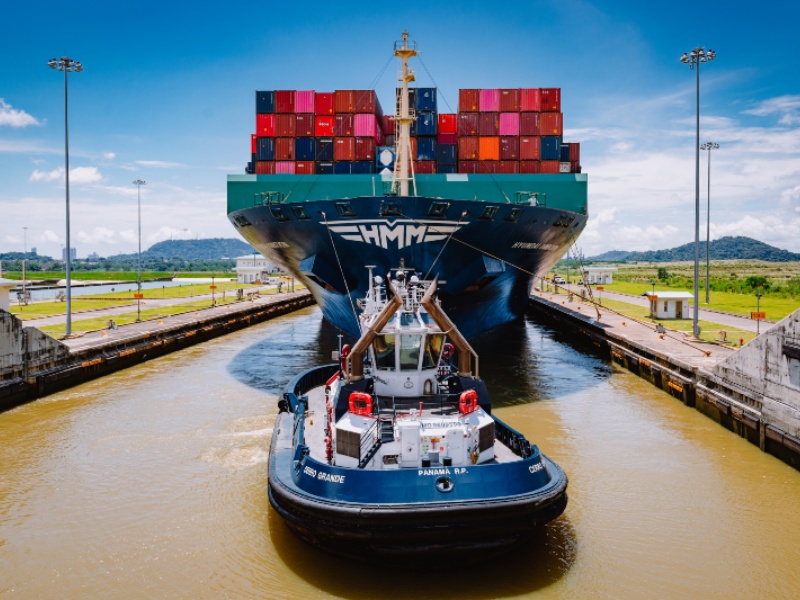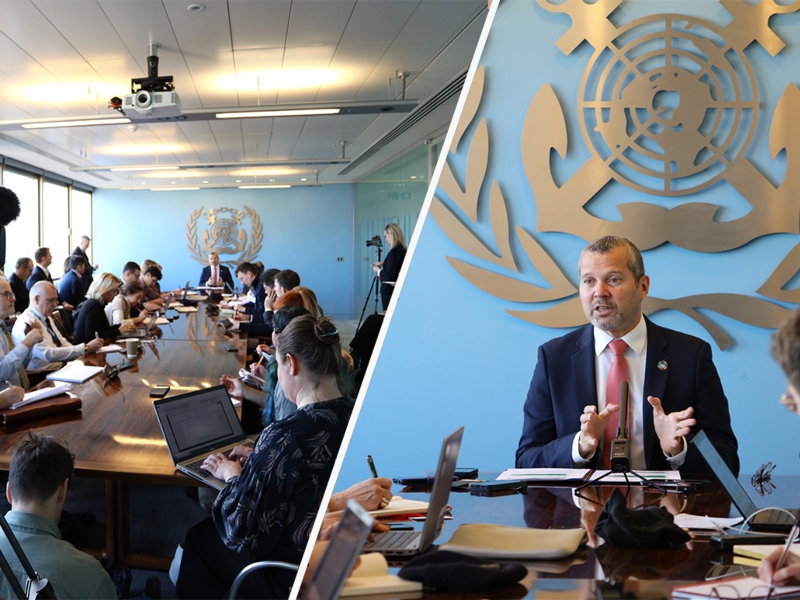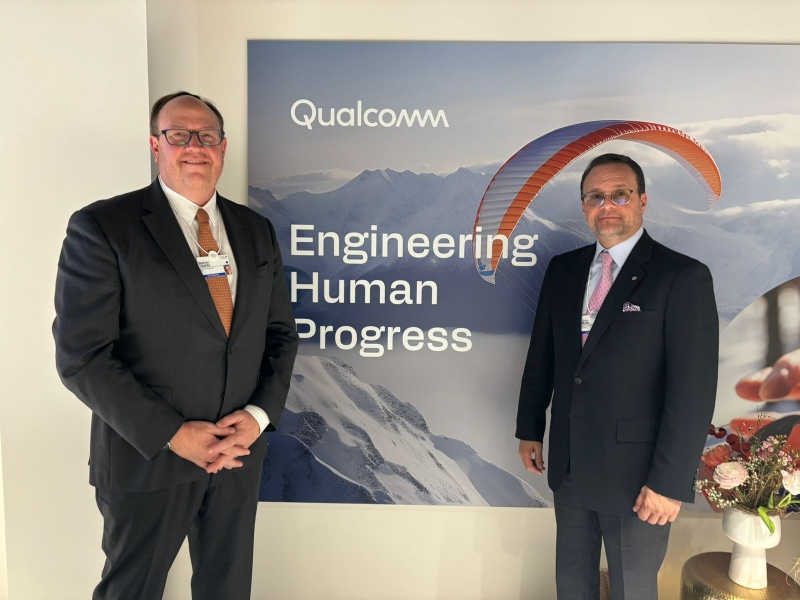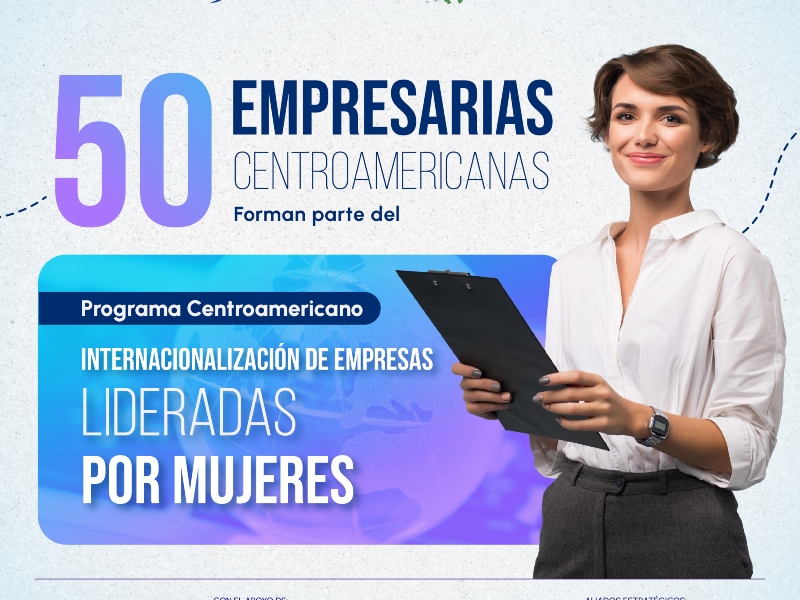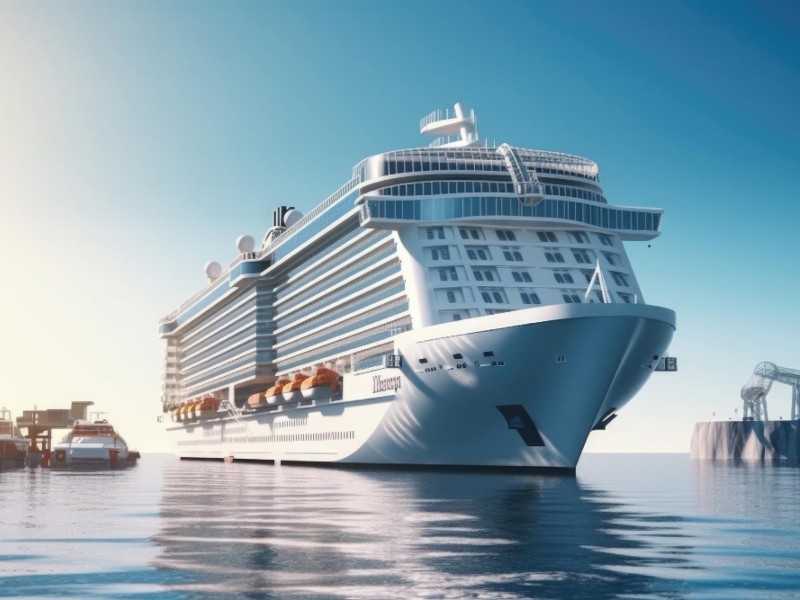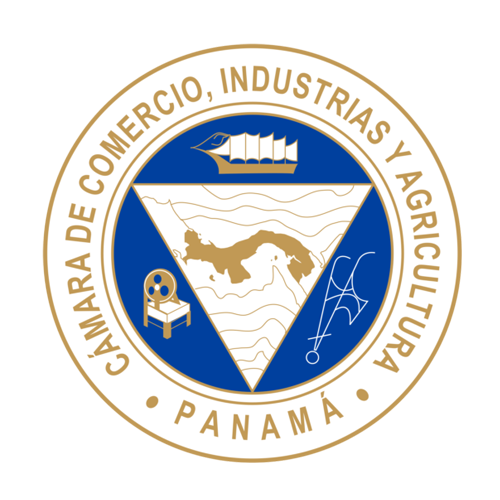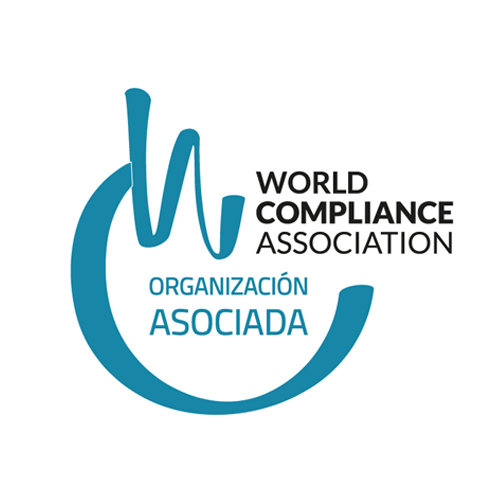Source: MAERSK
Globally, many companies can claim to manage end-to-end logistics, however, not all of them are executing it in a way that is smooth and ensures the right supply chain management. End-to-end integrated logistics is not just about covering the entire logistics process and being informed about any changes, but it is about being able to make real-time supply chain management decisions in any block of the chain, any logistics functions and any location. Most importantly, the entire process has to be tailored considering each company’s goals and needs.

The biggest obstacles to achieve end-to-end
The two main obstacles in reaching true end-to-end logistics are speed and cost, however within the process to achieve an integrated logistics, the current context must be also analysed.
1. When it comes to speed, to keep a competitive advantage in the market, the key in lifestyle and retail industries is to adopt new trends or changes in demand as soon as possible. Therefore, the speed of deliveries or the agility in applying changes – such as destination change, essentially need to improve, otherwise the end-to-end process won’t be delivering the expected results.
An important factor about time is the ability to make decisions in real time. The sooner brands react to changes in the market, the sooner they can implement the action plan to minimise the disruptions in our business.
A clear and recent example is the COVID-19 pandemic, which has put the entire global industry in jeopardy. Even companies that theoretically operated their logistics under the E2E concept saw how their deliveries suffered long delays and how their processes were disrupted. As mentioned at the beginning of this article, integrating and optimising the entire supply chain as a set of connected processes is essential to ensure a successful business operation.

2. When it comes to cost, improving delivery time normally means a bigger logistics infrastructure and more robust technology to allow traceability throughout the journey. In both cases, a great number of resources is required: money, expertise, and time. As a direct consequence, many companies decide to reach out to specialised external logistic partners to optimise each stage of the chain, without impacting their fixed costs. However, having specialists in each of the phases naturally implies having to operate with many logistics players, causing at the same time a fragmentation of the supply chain and, again, an inefficient end-to-end supply chain.
An investment in logistics technology and structure to design a tailor-made end-to-end solution will grow your infrastructure in your key markets to control your operations and monitor growth. This option constitutes a huge risk for brands, since having the resources does not necessarily mean having the right expertise in logistics and understanding how to optimise the links in the chain.

The solution
One of the most viable options to achieve integrated logistics is to find the right partner, who has the right infrastructure in the markets you want to target, who has the right technology to enhance your supply chain with full visibility throughout the process and who has the expertise to optimise each and every step for you.
Having the right logistics partner covering the entire process: ocean, inland, customs management, warehousing and added services, will give you a connected and seamless supply chain. Moreover, it will provide the visibility and the optimisation needed to support each business growth agenda.
![]()


